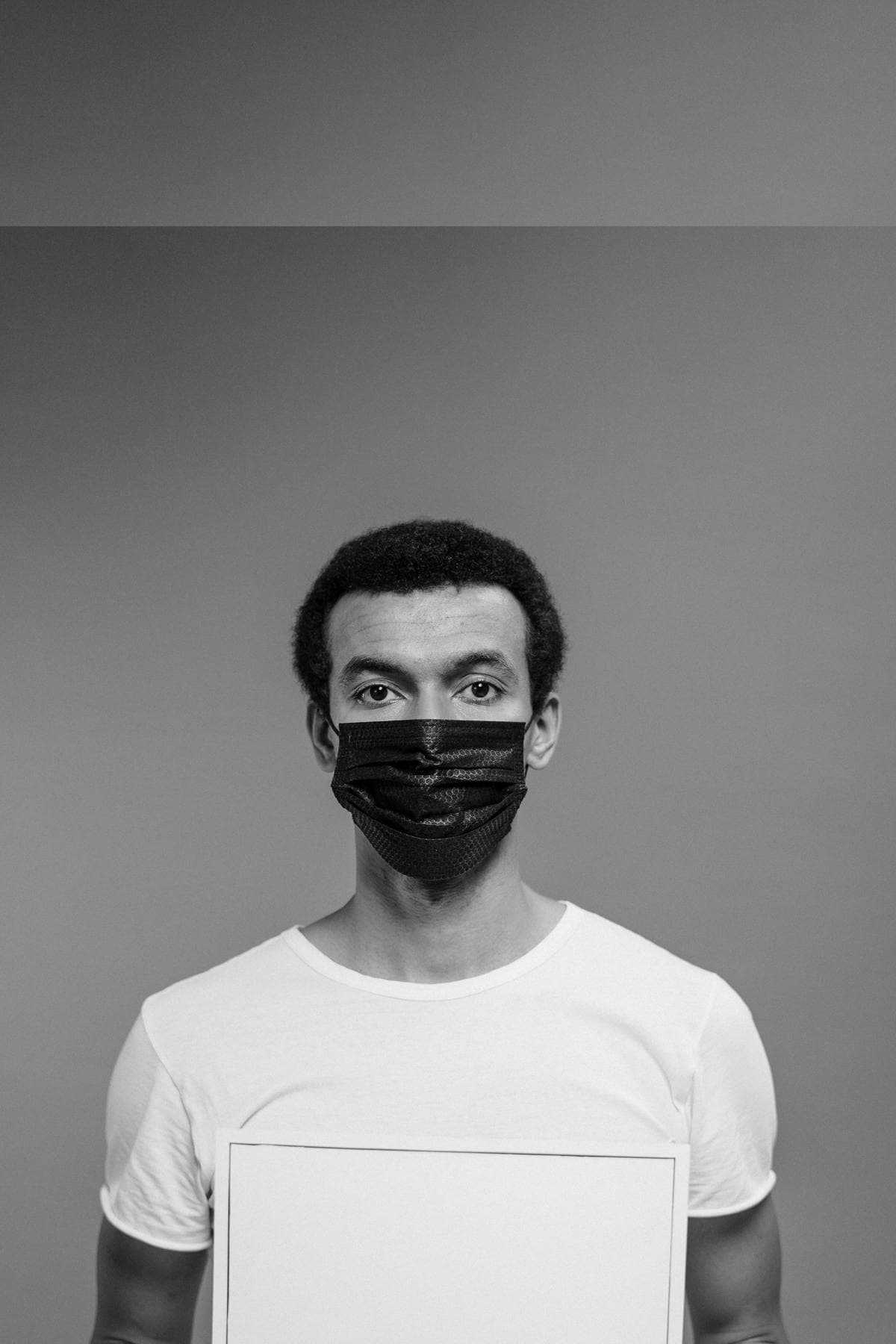
When we think about the reasons doctors and nurses use masks prior to COVID-19 pandemic, it is actually used to ensure hygiene, as well as preventing droplets and germs omitted from their mouth and nose. However, with this less-than-normal situation, many governments have rules that impose mandatory mask usage when doing activities outside your home, even though the WHO first stated that masks aren't necessary except when you are caring for COVID patients or are sick yourself. On this week's journal, we will shed light on a number of side effects wearing masks might impose. Treat this article as a personal reminder to judge all situations through your research, observation, as well as common sense. Read on!
1. Breathing difficulty
Even though face masks are safe to use, wearing it for a long time might make breathing more difficult and might decreasing your intake of fresh air. Some studies suggest that some amount of carbon dioxide that is previously exhaled out can be re-inhaled at each respiratory cycle. For some people with existing respiratory issues, like asthma or lung diseases, wearing masks can actually do them more harm than good, as they might trigger breathlessness. Health experts also suggest that children younger than 2 years of age or anyone who are incapable to remove masks by themselves are better off not wearing them.
2. Skin irritation
Next thing you need to inspect before putting on mask is the material it is made of. While medical grade disposable masks are generally safe to use, most cloth masks are in need of a greater inspection. For example, it is more recommended to wear cloth masks made from 100% cotton or other natural, breathable fabrics. As it is on your body, the material of these cloths also tend to trap sweat and moisture, which in turn may irritate skin when worn for a longer time period. For females with sensitive skin, it is also necessary to put less makeup when using masks, as the makeup residue might stay on the mask and cause acne breakouts.
3. Tendency to touch face even more
As a continuation of the previous pointer, the fit of the mask also determines the comfortability of the person wearing it. Make sure your mask is properly fitted just right; not overly tight as this can also prevent proper air ventilation and makes you adjust your mask more often, thus touching your face frequently. You can also choose between tied or ear loop mask so that it can be adjusted to your comfort.
4. A false sense of security
One of the biggest misconceptions known to the public during this pandemic is that wearing masks can definitely protect you against coronavirus. While mask might be useful to protect you against debris and dust particles from the air, masks can't totally protect you against viruses, since its microscopic size may pass through the pores of the mask. Masks are only useful to catch droplets omitted from the nose and mouth. Therefore, don't treat masks as your bulletproof armor against viruses. You need to also practice proper hygiene like washing hands after touching money and public surfaces, practicing physical distancing, and most importantly building and maintaining your immunity.
5. Hygiene of the mask itself
Last but not least, this point is often times overlooked as you might improperly take off your mask or putting them laying somewhere around the house. Especially when wearing cloth masks, you need to routinely clean and wash your masks depending on the frequency of usage, so no germs are left when you're about to wear them again. Besides that, when wearing surgical masks, you need to carefully remove them from your face by not touching the eyes, nose, or mouth, dispose them properly, and washing your hands afterwards.